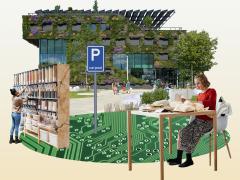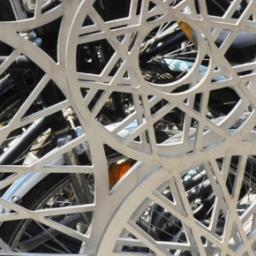Circular consumption to reduce environmental pressure
The European Union and various individual countries strive for a more circular economy to reduce environmental pressure. The transition towards a circular economy requires a change in what and how we consume.
In this article we argue that a realistic estimation of the environmental mitigation potential depends on:
- the environmental benefit that results from a certain circular behaviour, referred to as the ‘theoretical reduction potential’ (TRP), and
- the behavioural plasticity, reflecting the share of consumers who are not yet engaging in the behaviour but would be willing to do so if circular goods and services are easily accessible and affordable.
Our results show that many circular consumer behaviours with a large TRP have a rather low behavioural plasticity, which means that it may be challenging to realise the TRP in practice. These findings demonstrate that the TRP is a limited indicator to identify which circular behaviours have a high mitigation potential and suggests that behavioural plasticity is indeed important to consider.
This article is based on the PBL-report ‘Hoe ‘circulair’ zijn Nederlandse consumenten?’ (in Dutch).
Authors
Specifications
- Publication title
- Circular consumption to reduce environmental pressure: Potential for Dutch consumers
- Publication date
- 10 December 2023
- Publication type
- Article
- Publication language
- English
- Magazine
- Sustainable Production and Consumption
- Issue
- 2024 vol 44
- Product number
- 5241



